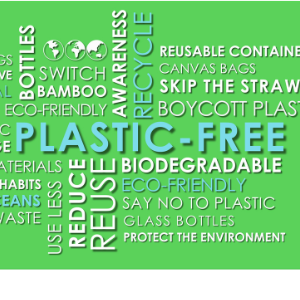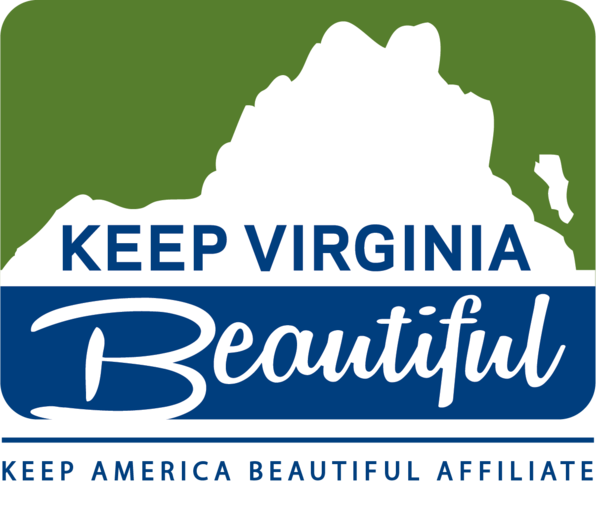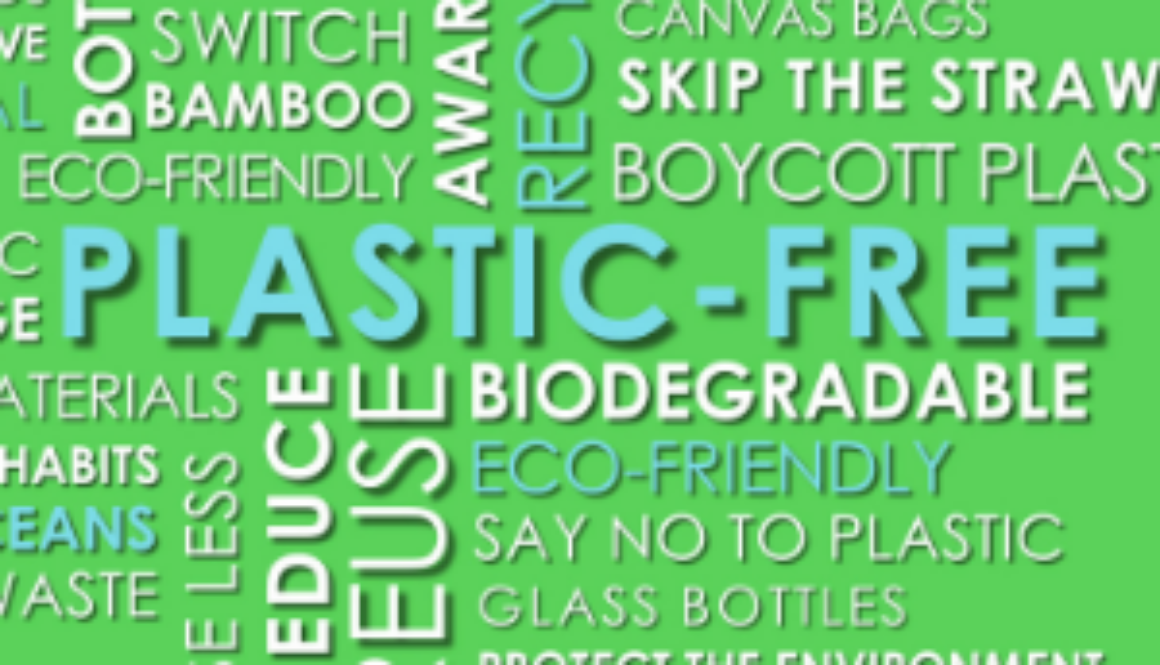Plastic Free July
 In 2011, Rebecca Prince-Ruiz started the Plastic Free July Challenge as a grassroots campaign with a handful of participants in Western Australia. It has since grown to be a global movement to increase awareness of the problems that are created by plastic waste, especially single-use plastic.
In 2011, Rebecca Prince-Ruiz started the Plastic Free July Challenge as a grassroots campaign with a handful of participants in Western Australia. It has since grown to be a global movement to increase awareness of the problems that are created by plastic waste, especially single-use plastic.
Do you know the top four plastic items? Shopping Bags, single-use water and soft drink bottles, straws, and coffee and soda cups. The good news is that these are some of the easiest items that we can swap out for a more environmentally friendly lifestyle.
Hopefully you have a selection, if not abundance, of reusable grocery and retail shopping bags. You can keep them in your car, ready for when you stop by a store. The reusable insulated grocery bags are even better than the floppy plastic ones they hand out at grocery stores because your carton of eggs are zipped in safely, and they keep your cold items cooler until you get home – a real plus in summertime.
Carrying a refillable water bottle with you to work, school, and other events is not only good for the environment, it’s good for your health to drink water throughout your day, and good for your wallet because it’s a lot less expensive than purchasing bottled water at retail stores or vending machines. More and more schools and public places are installing refillable water stations for public use. Just this year our Green Grants Program funded the Northern Virginia 4-H Conference Center, the Children’s Museum of Richmond, and Ridge Elementary School to help them install water refill stations in their buildings!
There is also some progress being made with disposable coffee cups. Starbucks unveiled the latest steps it’s taking to reduce its disposable cup use. Those include more than 20 different iterations of tests across eight markets to figure out the best ways to ditch the single-use cup. Hopefully others will follow.
So, if a coffee giant like Starbucks can make the shift towards eliminating the approximately 7 billion single-use cups every year, surely we can all do our part on a smaller scale. You can even get a jump start by taking Plastic Free July’s Pesky Plastics Quiz Tool to see how you’re doing.
As Rebecca Prince-Ruiz said, “My hope for the next ten years is that we can harness awareness of the plastic pollution problem, and from that, leverage this movement where we have real solutions to match the problem… it’s about creating new habits and new social norms, and I think we’re ready for that.”

